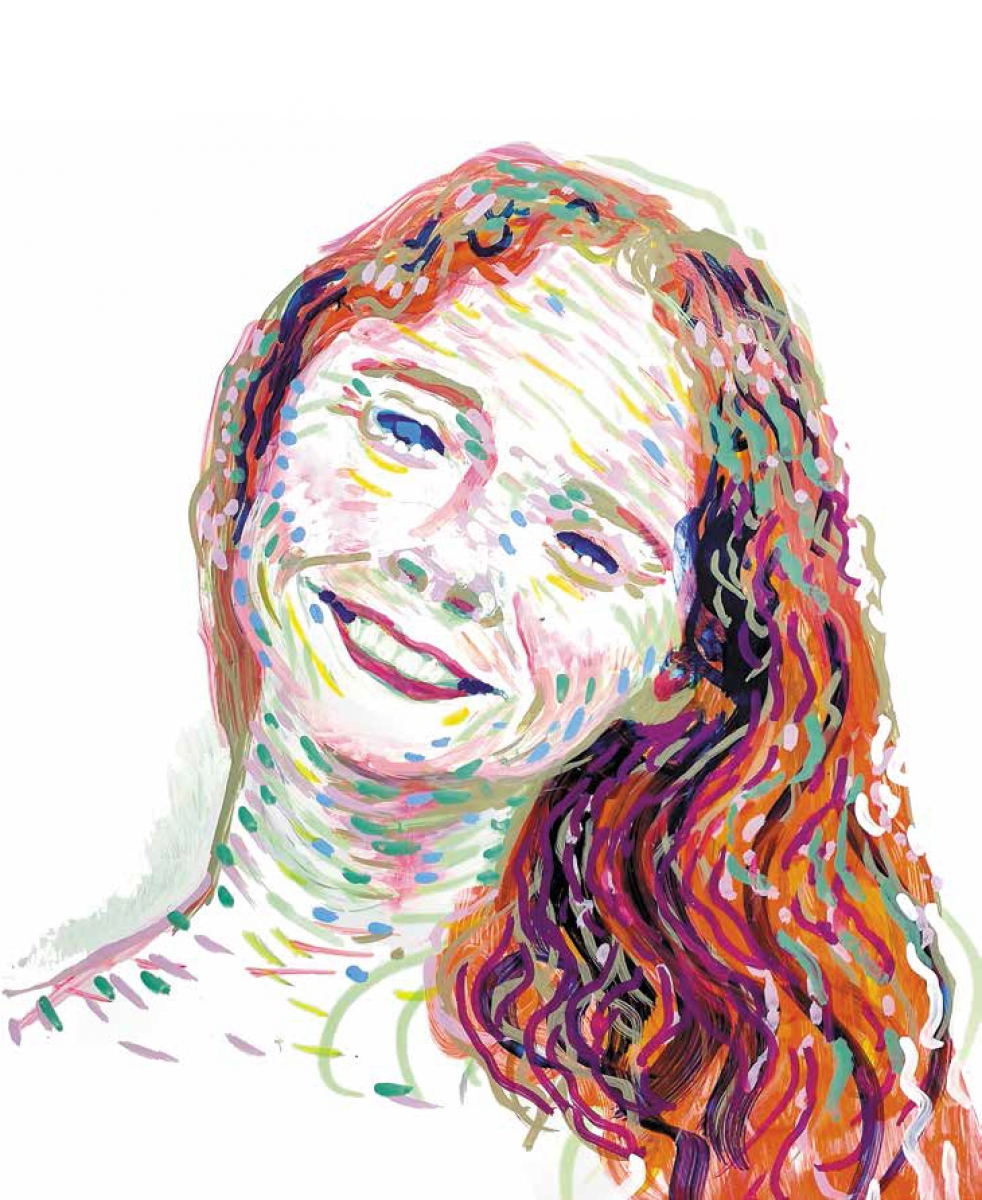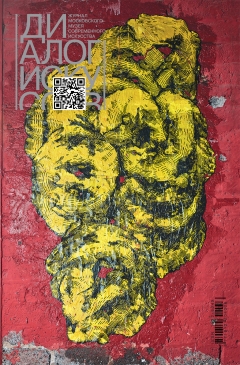
|
Sergey Guskov: What sort of important changes in the Russian scene have you noticed?
Anna Tolstova: The artists who were popular with major institutions and were used to living a busy life, are now struggling. And the ones who’d always been the underground of the underground,— I mean the grassroots, horizontal initiatives,—have now become active, started giving each other hand, also by means of certain sale exhibitions. It’s for the first time in 15 years that in Saint Petersburg we now have movable galleries (which literally are moving across the city), flat exhibitions.
Guskov: What do you think about mass closing of culture departments in publications in recent years?
Tolstova: Sad times have come, in which the number of professional business publications is rapidly declining. Me and my colleagues from Kommersant have long come up with a formula: a publication is doomed to be closed if it ceases the culture department. And our observations have been confirmed by practice. The market reacts to political decisions. The economic grounds of the media are being destroyed: if you show off too much, you’re not gonna get advertising. This is how the platforms you could write for disappear. Yet, we also have very few publications specialised on art. And the independent magazines are in trouble, too.
Guskov: When there’s becoming less and less art criticism around, do you feel how your responsibility for each new article is growing?
Tolstova: Well, I’ve always been quite responsible in terms of writing my texts. Let’s be honest, art criticism has never played a major role in Post-soviet Russia. In the Kommersant of the 90s they may have wanted the critic’s figure to be as influential as in America, where just one article in The New York Times either creates, or, to the contrary, destroys the reputation of an artist. But we’ve never been able to do so. And thank God for that: for we do know from history what it is like when an article in Pravda destroys the artist – physically even, at times. I wouldn’t want criticism to become that kind of “influential” again. Besides, the moderate position of criticism today has been amplified by the crisis of the expertise institute in general.
Guskov: But if the personalised expert opinion isn’t in demand, maybe it’s time for exclusively news-focused, strictly factographic media?
Tolstova: I am afraid that such news-focused approach is not what we’re moving towards. Sure, we have major agencies, but since they are by the rule state-owned, they have a taboo imposed on certain kinds of news. I can hardly imagine that the battles around feminist, or, taken wider, activist art, would be reported there in the culture section, and not in the criminal chronicle, as it is today. I’d like to say that the future is owned by the highly-qualified specialists in certain news who will create information portals, but sadly, we now mainly witness non-critical copy-paste. We are all hostages of current events. I may have preferred to focus on certain narrow themes, but if an important exhibition is opening in the Tretyakov Gallery, and I only have a limited number of columns a month, it is obvious that I can’t just pass by it.




